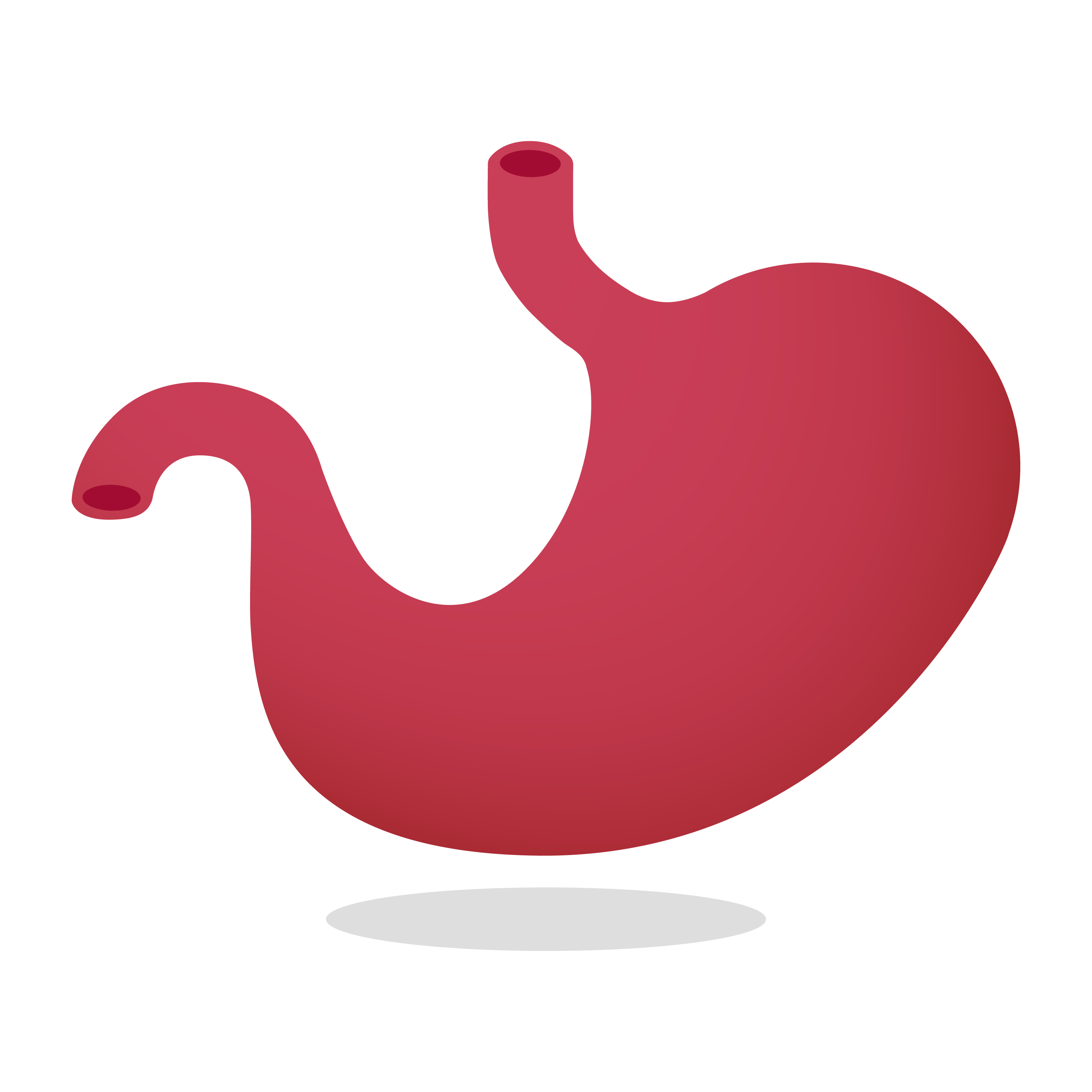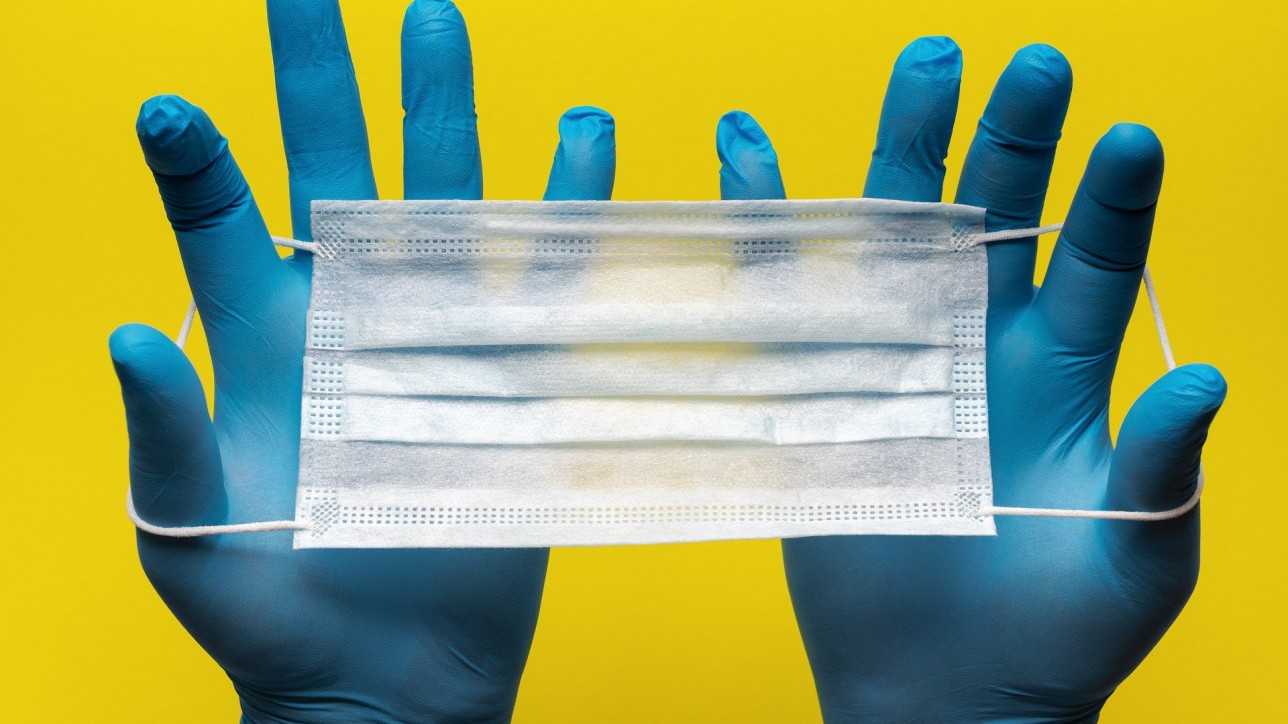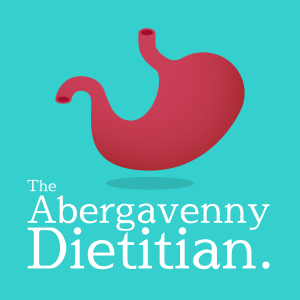In my COVID-19 article at the start of this month, I described how I, as an NHS Dietitian, was getting ready for the start of a massive surge of patients into the hospitals in general, and Critical Care units in particular. Since then, we have been through an extremely difficult period. The start of the Easter weekend, in particular, was very tense as numbers were forecast to possibly quadruple in the coming fortnight and yet we were already running very low on equipment such as feeding pumps.
Staff on ITU were all feeling exhausted (I’m sure many of you will have seen pictures on TV of the complicated PPE we have to put on and take off every time!) as nursing these patients has been very intense. The worse of all this is definitely easing now, as numbers stabilise (although we are still braced for the danger of a second wave as the lockdown is eased).
This past week, as a Department, we have been able to turn our attention, for at least part of each day, to patients OTHER than those on our higher-dependency wards!
How people are eating in our rehab hospitals
Patients recovering from the virus in hospital form COVID-19 are understandably very weak, and we are encouraging all dietitians and staff to follow the standard “first-line” nutrition support guidelines for such patients.
They are encouraged to start eating “little-and-often”, with nourishing snacks such as cheese and biscuits and yoghurts between meals if they have managed only small amounts of their meal. Milk is freely available at drinks times, and we encourage people to choose this rather than tea or coffee, if they can, for the extra protein and calories.
Finally, if people are really struggling to eat, we use prescribable nutritional supplements drinks. The nursing staff can ask the Doctor on duty to prescribe a certain number of the standard supplements, but of they think a patient needs more, or a more specialized type, then they will need to be assessed by a Dietitian.
Nutrition advice for people recovering from COVID-19 at home
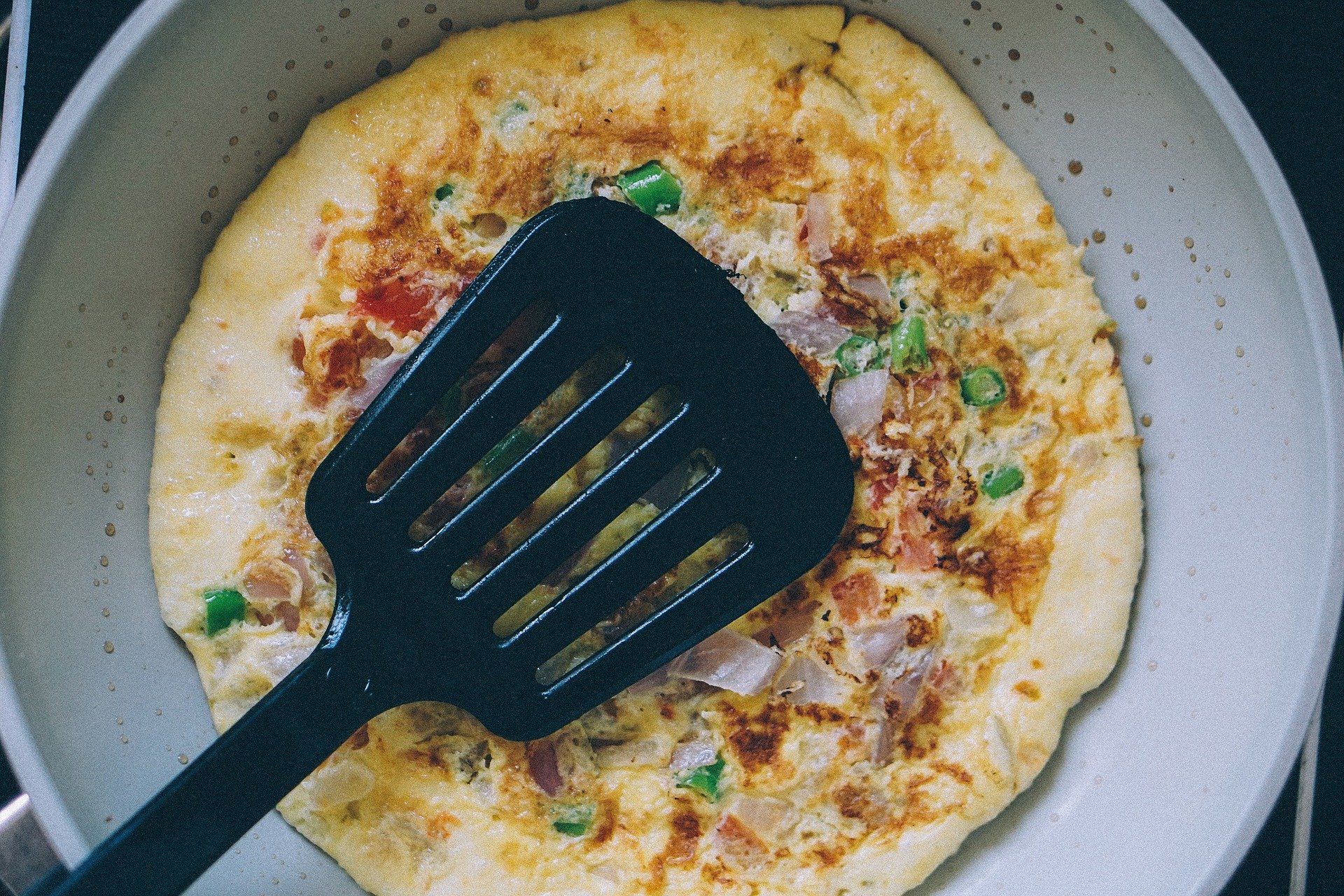
People at home can easily follow similar guidelines.
Little and often: Aim to eat small amounts of nourishing food – many people find that something that “slips down easily” such as omelettes, scrambled eggs, soups, stews and milky puddings is easier to manage than lots of meat and vegetables which requires energy to chew. Don’t forget that if you are eating “little” then you ALSO need to eat “often” – have a slice of cake or a pot of rice pudding or custard between your meals, if you can.
Don’t forget liquids: Milky drinks (or those made with a milk substitute, if you struggle with milk) are a great way to add protein and calories. If you have a blender, you can add all sorts of things to milk (e.g. yoghurt, ice-cream, berries, milkshake flavourings, malted milk powder, honey, etc) to make a nourishing smoothie. Alternatively, you can buy products such as Complan or Build-Up from a pharmacy or supermarket.
Get outside: As soon as you can, start to try to get some fresh air and a little gentle exercise, as this will increase your appetite and help stop muscle wastage. You can have a look at the British Dietetic Association’s Malnutrition Food Fact Sheet for more info.
How the rest of us can eat healthily during the lockdown

We’ve all had a bit more on our minds than our “five a day” lately – not to mention the stress of the empty shelves in the supermarkets. However, it might be time now to start taking back a bit of control.
Unfortunately, there is no way that a healthy, balanced diet is going to “just happen” (not even for a Dietitian!) – it really does take just a little bit of planning, at the start of the day – or even better, the start of the week. I like to plan my meals for the whole week on a Saturday morning, before I do my big grocery shop (well, actually, I hate doing it, for the 30 or 40 minutes it takes!) … but then I enjoy not having to worry about it for the whole of the rest of the week. I have a list of what I’m cooking, and all the correct foods available to cook it.
I tend to plan Monday to Friday and then leave the weekends a bit more flexible. Of course, things are NOT normal at present because of COVID-19 so it may not be possible to rigidly plan every recipe, in case some of the ingredients aren’t available. It may be better just to plan some simple ideas that can be flexible according to what ingredients you can get – for example casseroles, curries, tagines and stir-fries can be endlessly adapted.
The important thing is to make sure there is a meal planned (so that you don’t get hungry and then just end up “grazing” on snack foods) and that each meal is reasonably nutritionally balanced. A balanced meal should contain some starchy carbohydrate, some protein, some healthy fat and some vegetables or salad. Have a look back at this article from last month for a refresher on what constitutes a healthy diet!
The website Love Food Hate Waste has some fantastic advice on what you can do to minimise your waste.
What about snacking – should we be avoiding it?
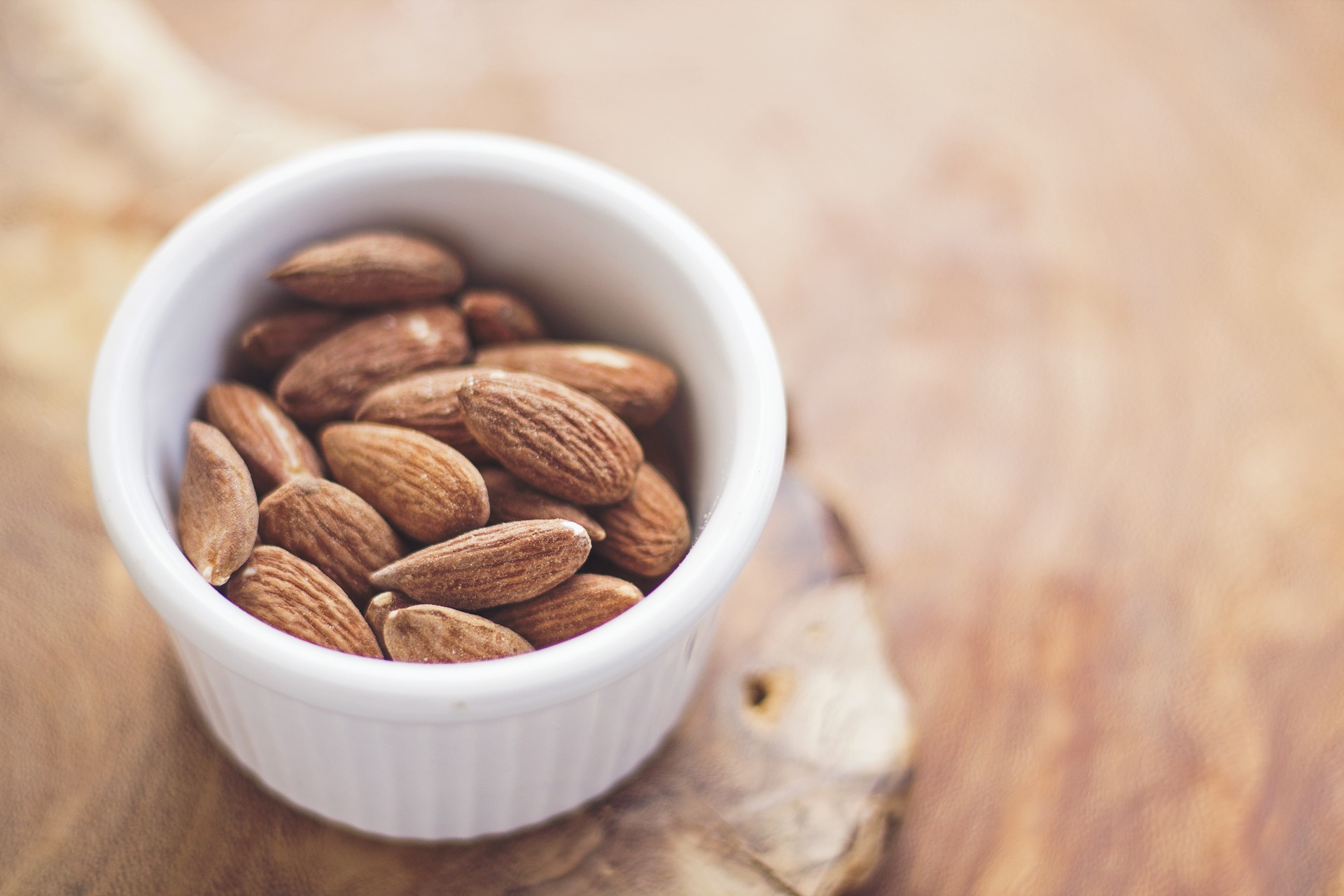
Definitely NOT – snacks are a pleasurable part of the day and can also be a good opportunity to add nutrients (for example fruit gives us extra vitamins, nuts and seeds provide minerals and healthy fats; yoghurt is a good source of protein and calcium). Also, if you have been making the most of your opportunity to exercise, a post-training snack may be necessary!
Just like the meals, though, it’s important that snacks are a planned part of the day – otherwise it’s so easy to slide into uncontrolled “picking” (we’ve all been there!!). I would recommend choosing your snack, putting it on a plate, leaving the kitchen (maybe closing the door!) and then sitting and enjoying your snack to the full. Don’t feel guilty – but also don’t have another one, wait for your next meal!
What about people living with conditions such as Crohn’s disease, Ulcerative Colitis, Coeliac disease and diabetes?
As the attention is mainly on preventing COVID-19, we have been worried that patients with the above conditions have been avoiding hospitals and other health centres, and so missing out on vital care. Also, patients that need to follow a gluten-free or lactose-free diet have been finding it hard to access products such as gluten-free flour and lacto-free milk in the shops, as these products have often sold out far more quickly than usual. In the NHS we are doing our best to contact people by telephone if we know they are at risk (for example losing weight rapidly), but often we are not aware of this.
If you have Coeliac disease, it is really important that you continue to maintain a gluten-free diet during this time. Coeliac UK has some excellent advice which we would encourage you to read. Likewise, if you have Crohn’s or Colitis and are following a recommended diet, you should continue to do so, and see Crohn’s and Colitis UK website for further information.
Finally, Diabetes UK have produced an excellent resource answering lots of questions for people living with both type 1 and type 2 diabetes which I would definitely recommend you read.
Also, remember that I am still available for private consultations in the evenings and at weekends. Please ask for help if you need it! Stay well, and stay safe, everybody.
